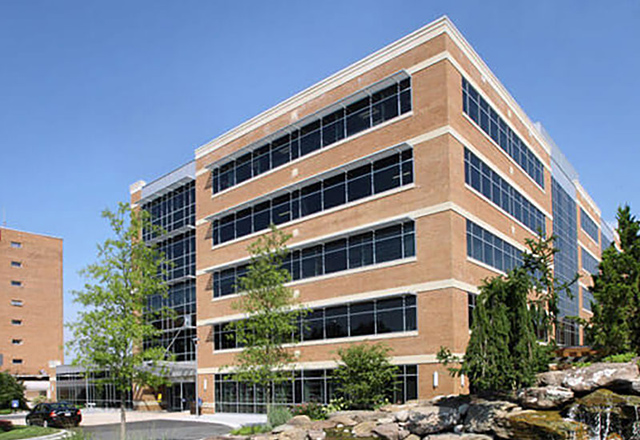FY20 Annual Report: Cardiology
Collaboration: The Heartbeat of Success

Johns Hopkins Community Physicians’ (JHCP) Heart Care section has quality, growth and expansion on the mind. That is why in fiscal year 2020, while simultaneously exceeding all patient safety and satisfaction targets at each of its Heart Care practices, JHCP cardiology leadership set out to collaborate with Sibley Memorial Hospital (SMH) to develop a more robust cardiovascular service program.
Leaders at SMH began to recognize that their hospitalists and community partners had a need for extra cardiology service support; echocardiogram and EKG readings, consultations and other urgent services. “More often than not, cardiology-related interventions need to be addressed immediately or in real-time,” says Harry Bigham, JHCP regional medical director for cardiology. JHCP cardiologists had already been covering evening and weekend shifts at SMH, so a solution was not farfetched. To enhance collaboration and support, JHCP would assign a provider to cover weekday hours at SMH. This coverage would be in addition to assistance from a team of dedicated community cardiologists.
Bigham and Angela Pilarchik, JHCP director of operations, explain that outcomes have been positive. “We feel that Sibley hospitalists are able to get readings, consultations and medical decisions faster, and we have helped to reduce length-of-stay for patients,” Pilarchik says. Another indirect benefit: the collaboration presented an opportunity for Mark Milner, JHCP cardiologist, to work in tandem with Genci Sallabanda, non-invasive cardiovascular supervisor at SMH, to develop a set of standard protocols to apply for and receive accreditation for the hospital’s echocardiography lab.
 Sibley Memorial Hospital
Sibley Memorial HospitalIn addition to JHCP Heart Care leaders, the collaboration is also positive in the eyes of Sibley leadership: “It’s been a great addition,” adds Caroline Shafa, vice president of operations for SMH. “We value all of our partnerships that bring high-quality care to our cardiology program this has been a great collaboration for enhancing it.”
While the expanded collaboration just started in FY 20, JHCP Heart Care has already made improvements to their efforts. When they first started covering weekday shifts, the team was piecing provider schedules together. It soon became apparent that continuity of care was important to both patients and providers. Now, individual JHCP cardiologists are scheduled for three to five days in a row, which is a huge patient-satisfier. It has also enhanced care. “It’s helpful for one provider to make a patient evaluation, decide on a treatment plan, follow it through and be able to adapt it where necessary,” explains Bigham.
JHCP Heart Care leadership views the success of this collaboration as a sign of things to come. “We've been working really hard to integrate with the entire health system more and more,” Bigham says. This example of expansion into another Johns Hopkins Medicine member organization is a great springboard for the future growth and expansion of JHCP Heart Care.
